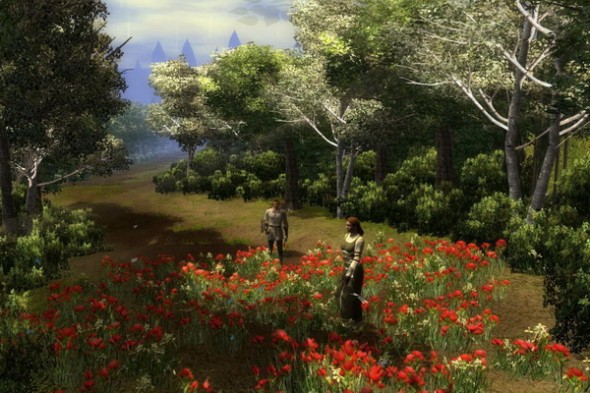Since the setup of the Virtual Environment Lab (V-Lab) in 2009, we have been looking at performance assessment using this medium. From 2004 to 2014, the most widely used virtual environment of the time was digital game-based learning. In 2015, the trend began to shift towards Virtual (and Augmented) Reality, and we are currently looking to extend our research into that area, as well.
International Collaborations (2016)
Lost My Way (Austria)
DOGeometry (link no longer active) is a STEM serious game to teach Geometry through play (link). The game was created by Guenter Wallner and Simone Kriglstein of Vienna, Austria. In 2015, we began discussions to incorporate Information Trails into the game for learners’ decision-making analysis. Guenter and Simone decided to create a new game called Lost My Way.
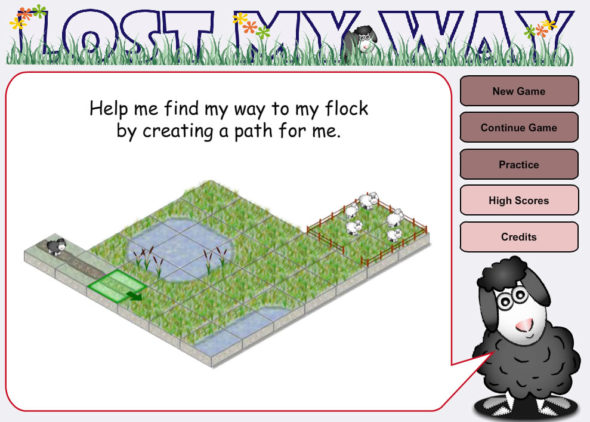
医道 “The Way of the Doctor” (Singapore)
I have been working with Min-Yee Lee and Chye-Tee Goh (Director of Biomedical Sciences and Traditional Chinese Medicine, Nanyang Technological University, Singapore) to design a STEM learning game for TCM medical diagnosis. The storyline is about an apprentice (Player Character) who trains to become an outstanding physician and then goes on to treat the ailing Emperor Tai.
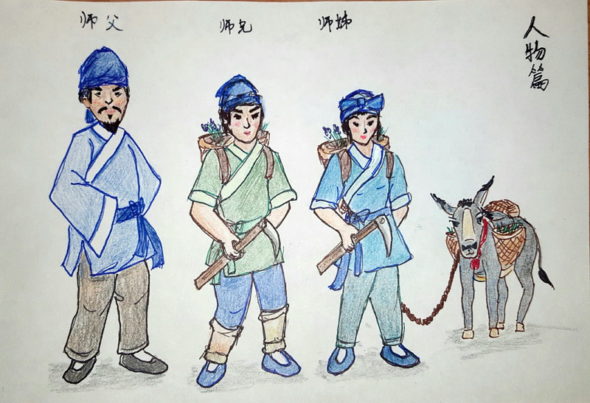
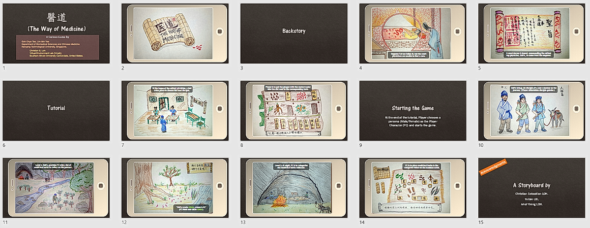
Storyboard (up to Level 2) for the serious game – by Christian S. Loh, Yucen Liu, & Ariel Y. Loh.
![]()
V-Lab (In-House) Research Projects
Unity3D Maze (2016)
Aim: A brand new Maze Exploration game in First Person Perspective (1PP) created using Unity3D. The game requires play-learners to use decision-making and strategic planning skills to successfully navigate the Maze to meet in-game objectives. (cognitive, procedural, and motor skills).
Synopsis: The high scoreboard shows the fastest person to escape the maze took just 32 seconds, how is this even possible?
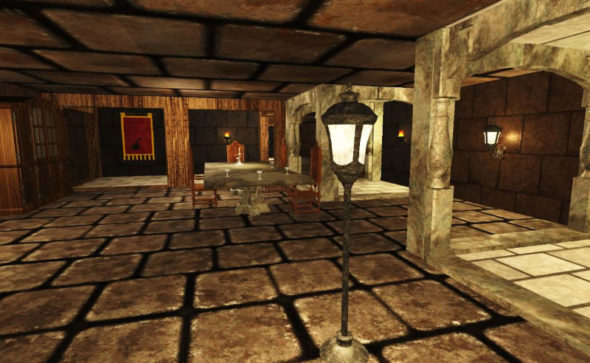
The Lost World (2015)
Aim: In this serious game, we extended our game development into Unity3D. Participants will use advanced planning and real-world tools to try and meet in-game learning objectives (cognitive, procedural, and motor skills).
Synopsis: You are preparing for the upcoming World Orienteering Championship. Do you have the map-reading skills and route-planning ability to emerge as this year’s winner?
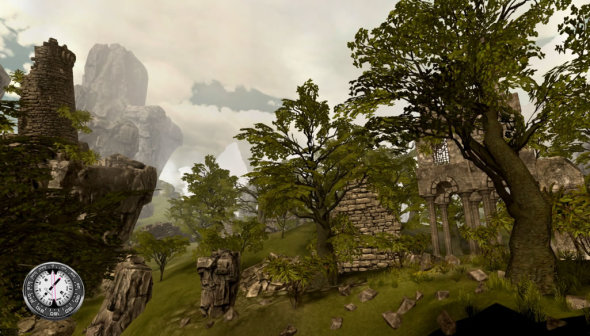
Guardian 2.0 (2013)
Aim: In this serious game, we are trying to establish if advanced planning changes how a person makes decision, also known as a “Plan and Execute” (military) exercise. In this study, participants are expected to make planning (cognitively) to meet a goal in the virtual gaming/training environment using procedural and motor skills (manipulating the mouse and keyboard).
We later modified Guardian 2 (ver 2.2) to serve in place of a psychological measurement instrument (Decision-Making Inventory, DMI). This could be the first in the history of serious games to measure the decision-making style of play-learners (as a psychological instrument). We used an eye tracker to measure user behaviors as they interact with Guardian/DMI games.
Synopsis: It’s time for you to join the rank of the village’s Guardians. All you need to do is to pass the qualifying test. But wait, since your old man held the record for the Guardian challenge, you are also given the chance of your life to break his record. It sure is tough to be the Champion’s son! Do you have what it takes to be the new Champion?
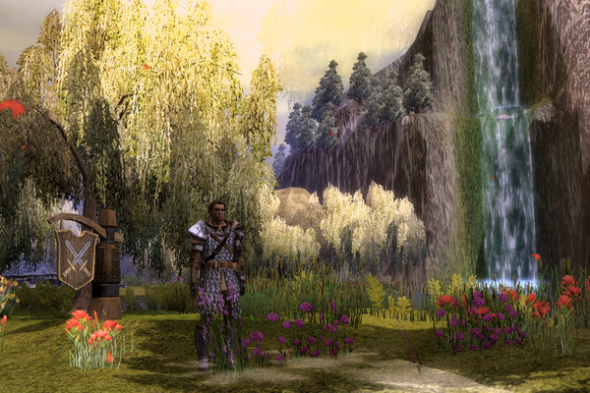
Escape From The Maze (2012)
Aim: Individuals must learn to navigate a maze and find the best escape route under time pressure. This game contains a procedural learning task where we measure participants’ performance to see if there is a change in competency level and behaviors when they must perform a series of tasks repeatedly to reach a goal.
Synopsis: You have watched the Great Escape reality TV on TNT, haven’t you? A local rich man is holding an Escape from the Maze competition in his castle. Do you have the wits and the speed to emerge as the winner? Unlike the reality show, you will be by yourself and there will be no one to help you. The criteria for winning are stringent and there are even rumors of deadly traps. Will you survive the ordeal?
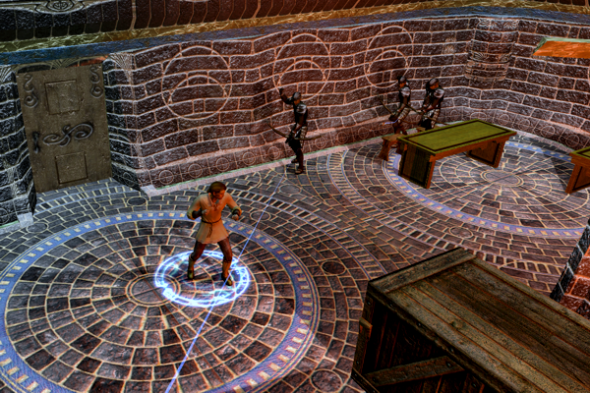
Guardian (2010)
Aim: Individuals must learn to navigate several checkpoints and problem-solve to reach the final goal. We used the data in this game to differentiate novice players from expert players.
Synopsis: You have just turned 18! That means the time has come for you to join the rank of the village Guards. There is just one problem, you must pass a test to qualify. No, it is not a pen-and-paper test (how boring is that), but an outdoor challenge. Will your training put you at the top to make you one of the village’s elite guards? There are many tasks to be completed. Can you obey an order, show initiative, and keep your wits with you? There will be a birthday party for you tonight, will you disappoint your friends and family, or will there be a grand celebration?
